- Write by:
-
Saturday, March 14, 2020 - 10:58:58 AM
-
587 Visit
-
Print
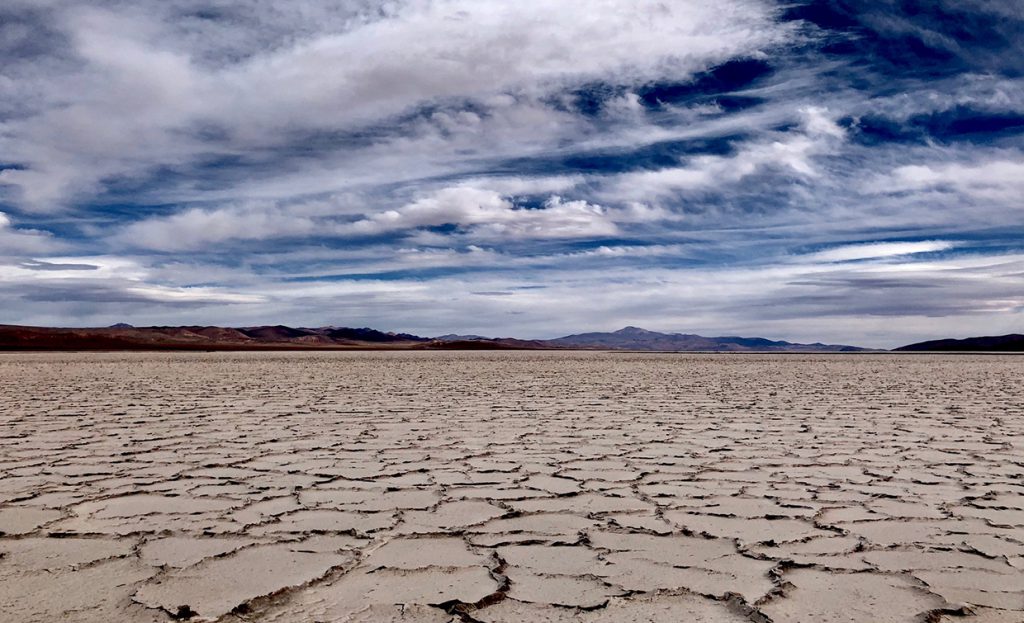
Mining News Pro - Neo Lithium Corp announced that it has produced battery-grade lithium carbonate at its pilot plant in Fiambalá using concentrated brine from its wholly-owned Tres Quebradas -or 3Q- lithium project in Argentina.
According to Mining News Pro - Neo Lithium said the brine was extracted from the high-grade zone located in the northern area of 3Q and then evaporated at the company’s industrial-scale ponds at the same location under similar conditions as production scale.
According to the Canadian firm, no chemical reagents were added to the brine other than minor amounts of hydrochloric acid for pH control at the final stage of evaporation. The concentrated brine was then transported by truck to the pilot plant in the town of Fiambalá.
Neo Lithium said two different processes were tested to produce battery-grade lithium carbonate.
The first process involves using solvent extraction phase (SX-B) for boron removal, a sulfation phase for calcium removal using sodium sulfate and a liming and carbonation phase to remove magnesium and any remaining calcium. The lithium carbonate process is then completed with three stages of soda ash carbonation, washing and drying.
As a result of this process, lithium carbonate with a purity of 99.535% was produced.
The second technique to produce battery-grade lithium carbonate involved changing the sulfation phase for calcium removal by an acidification phase with sodium hydroxide. The remainder of the lithium carbonate process is then completed similar to the first process.
The result of the second process was lithium carbonate with a purity of 99.599%, which is higher than the first process.
The second process also requires less volume of additives for calcium removal, only 8,000 tonnes of sodium hydroxide versus 40,000 tonnes of sodium sulfate for 20,000 tonnes per annum production of lithium carbonate.
“The price per tonne of sodium hydroxide is higher than the price per tonne of sodium sulfate, however, sodium hydroxide is sourced locally, and sodium sulfate is imported,” the media brief states. “Transporting less volume carries decreasing transport and logistics costs. In addition, the second process consumes a fraction of freshwater than the first process, making the new proposed process more environmentally conscious. Lastly, the second process is completed at room temperature, whereas the first process requires 60⁰ Celsius, implying a meaningful saving in energy consumption.”
Based on these results, Neo Lithium’s management believes that the second process can have significant advantages for the product that they are planning to commercialize.
Short Link:
https://www.miningnews.ir/En/News/501650

Chile’s state-run miner Codelco plans to select a partner for a future lithium project in one of the country’s top salt ...

Chile’s SQM called another investors meeting at the request of its second-largest shareholder, Tianqi Lithium Corp., ...
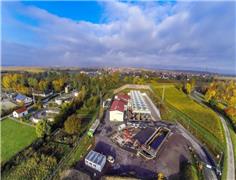
Lithium supplier Vulcan Energy on Wednesday announced the start of production of the first lithium chloride at its ...

A stuttering recovery in lithium prices is providing a fresh reminder of why the dramatic rally of recent years was ...
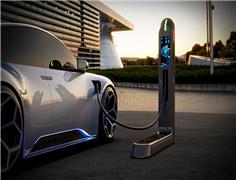
A US and European Union push to reach an accord on fostering critical mineral supply chains is set to miss another ...
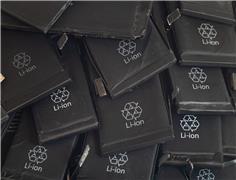
Trading of CME Group Inc.’s nearly three-year-old lithium hydroxide futures contract is soaring, with more funds ...
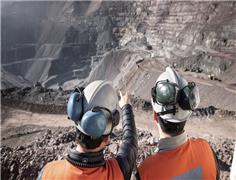
Chile’s mining production is starting to turn the corner after months of a sustained output slump, with the country’s ...
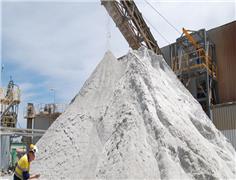
Undeterred by slumping profits, China’s lithium giants are planning to grab a bigger slice of the market.
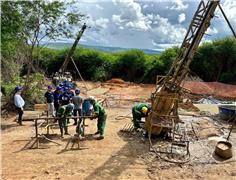
Mitsui & Co said on Thursday it will spend $30 million to take a 12% stake in US-based Atlas Lithium to venture into ...
No comments have been posted yet ...